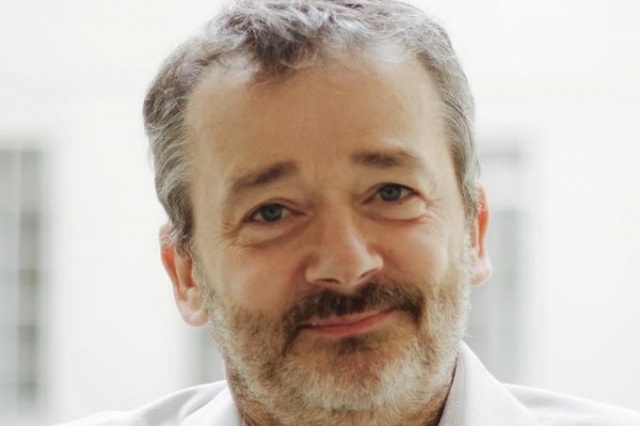Hungarians elected to the American National Academy of Sciences
The 2017 General Assembly of the American National Academy of Sciences elected neuroscientist György Buzsáki as a full member and psychologist Gergely Csibra as a foreign associate. Hence the number of Hungarians or scientists related to Hungary has risen to eight within the organization.
9th April, 2017
György Buzsáki, professor at the Neuroscience Institute of New York University is one of the most cited neuroscientists in the world. His studies focus on the physiology of the cortex, especially the hippocampus; the formation of the cerebral waves (theta and gamma oscillations), and the connection between brain waves and the cognitive functions of the brain. In 2011 he was awarded the Brain Prize together with Tamás Freund, head of the MTA Institute of Experimental Medicine and Péter Somogyi This prize is considered to be the “Nobel Prize for neuroscientists” and is one of the most eminent recognitions in this field. He regularly publishes in Nature, Science, Neuron and PNAS.
 György Buzsáki Source: NYU School of Medicine
György Buzsáki Source: NYU School of MedicineGergely Csibra is a psychologist and is a professor at the CEU in Budapest, working for the CEU Babylab, Cognitive Development Center (the laboratory studies the developmental processes of babies aged 6–12 months). He conducts research on the cognitive development of infants, including spatial orientation, eye–hand coordination, object and face recognition, the higher level interpretation of witnessed actions and the analysis of cognitive processes in relation to the development of the nervous system. His studies have been published in Acta Psychologica, Neuropsychologia and PLoS One.
 Gergely Csibra Source: Central European University
Gergely Csibra Source: Central European UniversityIn April 2017, the General Assembly of the American National Academy of Sciences (NAS) elected György Buzsáki a full member, and Gergely Csibra a foreign associate. Michale Tomasello, psychologist–anthropologist was also elected as a full member. Tomasello, a pioneering researcher of evolutionary psychology, has been an honorary member of the MTA since 2010.
NAS is a private non-profit society committed to furthering research. Engineers and scientists elected as its members use their results to advance general well-being. The Academy, founded in 1863, regularly provides independent and objective advice on matters of science and technology to the US Government. NAS was established by an Act of Congress, signed by President Abraham Lincoln. The distinguished journal Proceedings of the National Academy of Sciences (PNAS) was founded in 1914, and is considered to be one of the leading scientific forums.
The members of NAS are allowed to elect no more than 84 new members and 21 new foreign associates each year; non-US citizens can only be foreign associates. The most important criterion for election is excellence in research. The total number of members is almost 2250, while there are about 440 foreign associates. Nearly 500 members have been awarded Nobel Prizes.
Now, altogether eight Hungarians or scientists with a strong connection to Hungary have been among the members or foreign associates of NAS: Éva Kondorosi plant biologist, member of the MTA; János Kornai, economist, member of the MTA; László Lovász mathematician, president of the MTA; Endre Szemerédi mathematician, member of the MTA; Péter Lax mathematician, honorary member of the MTA; János Kollár mathematician, external member of the MTA. Further members of NAS were Pál Erdős mathematician, Tibor Farkas biochemist, Lajos Ferenczy microbiologist, Rudolf Kálmán mathematician and electrical engineer and János Szentágothai anatomist, president of the MTA between the years 1975–1985.
